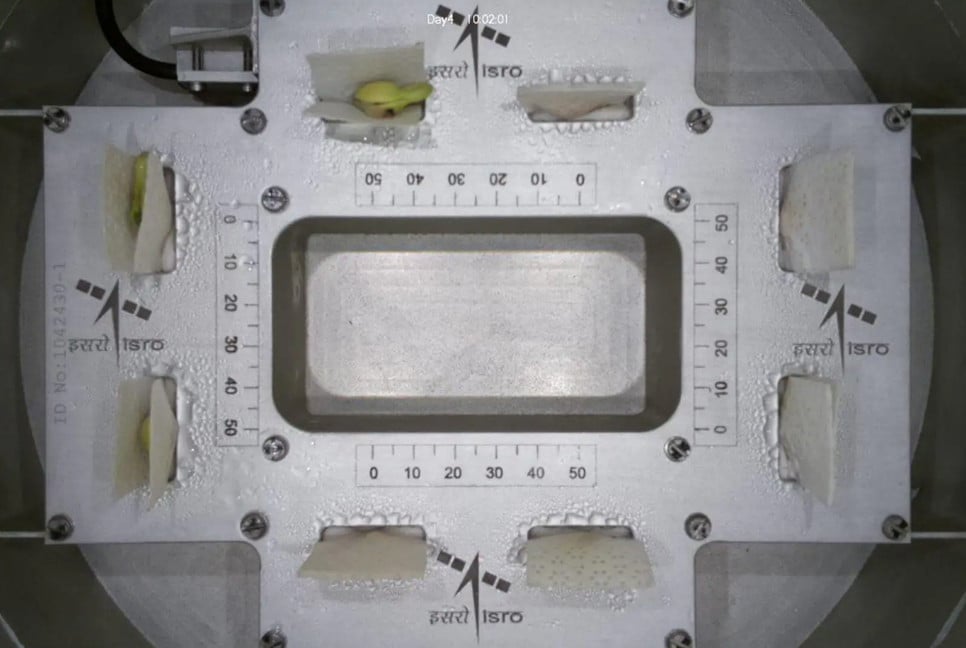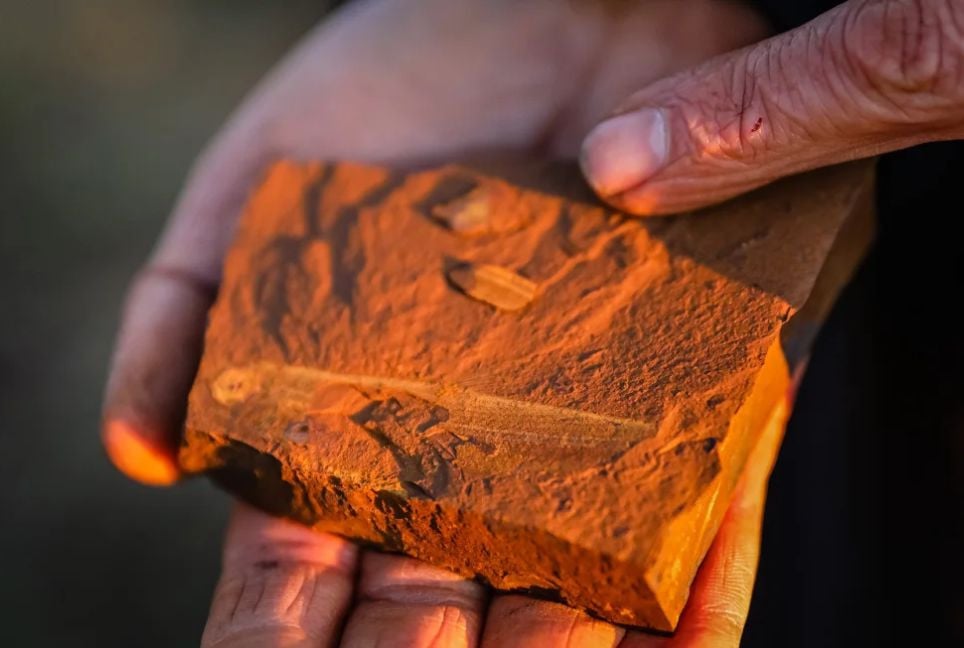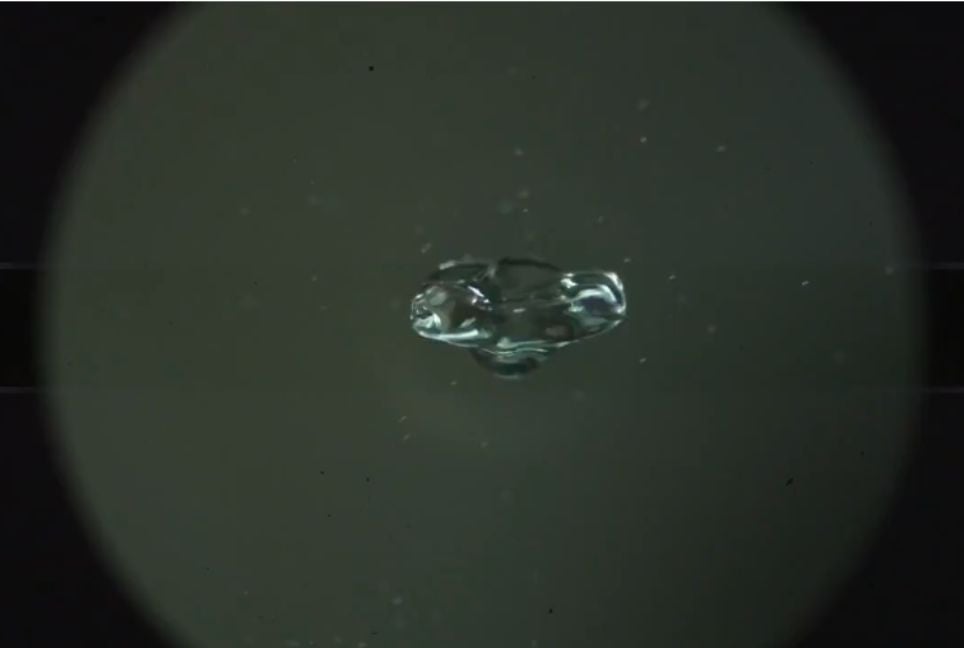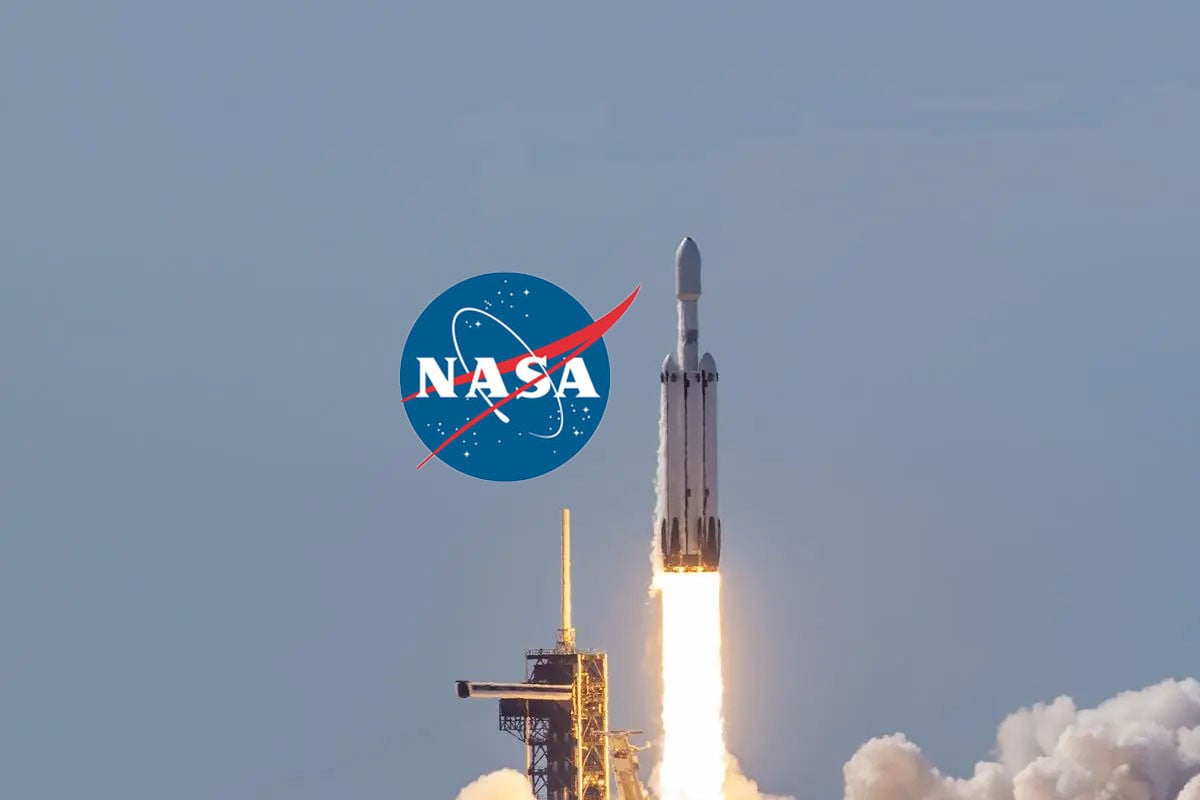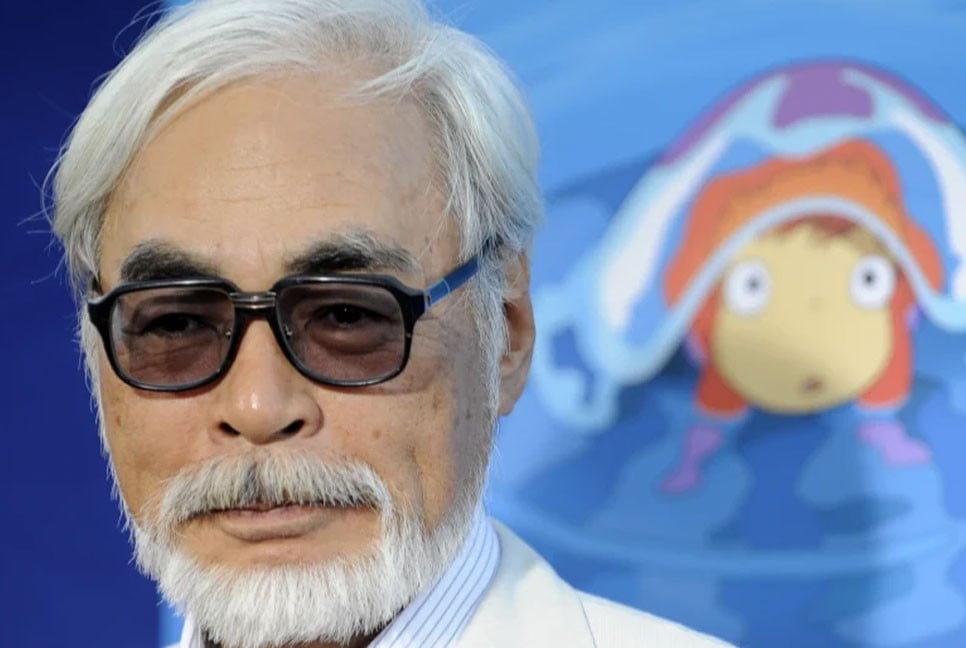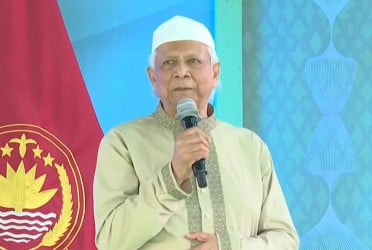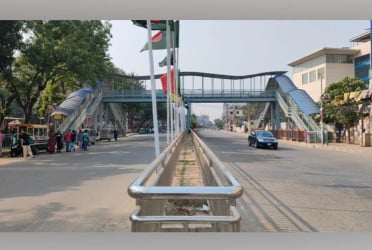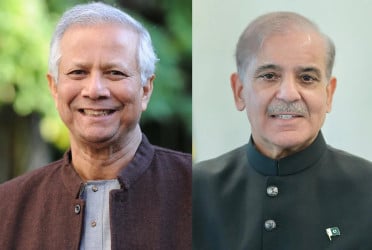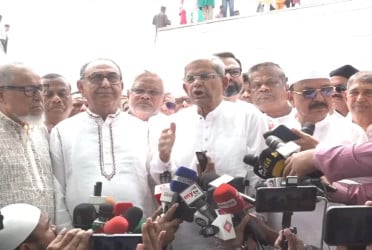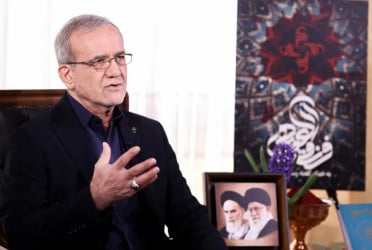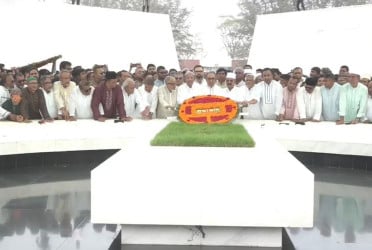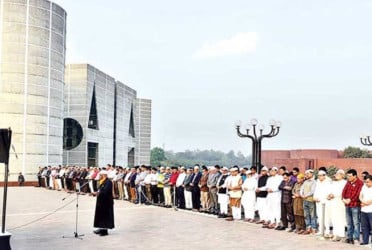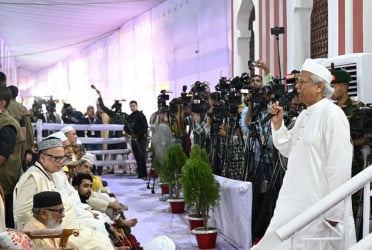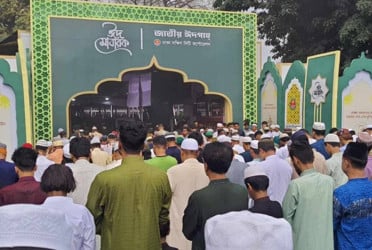The Indian Space Research Organisation (ISRO) has made a major advancement in space research by successfully germinating cowpea seeds in space.
The seeds, which were part of the CROPS experiment, began to sprout just four days after being launched into space on the PSLV-C60 mission, reports livemint.com.
In a post shared on X, ISRO celebrated the milestone, "Life sprouts in space! VSSC's CROPS experiment onboard PSLV-C60 POEM-4 successfully sprouted cowpea seeds in 4 days. Leaves expected soon."
The experiment aims to explore how plants grow in space, a crucial area of study for long-duration space missions, such as those planned for Mars and beyond. The results could play a pivotal role in ensuring food security for astronauts on extended missions.
On December 30, the PSLV-C60 rocket launched, placing two SpaDeX satellites into orbit, and carrying the POEM-4 platform with 24 onboard experiments. Among them was the CROPS experiment, designed by ISRO’s Vikram Sarabhai Space Centre (VSSC), to investigate plant growth in the unique environment of microgravity.
Eight cowpea seeds were placed in a controlled, closed-box environment with active thermal regulation to mimic conditions encountered by plants during space travel. The system monitors various factors essential for plant growth, including oxygen and carbon dioxide levels, temperature, humidity, and soil moisture. Passive measurements are taken through imaging and other environmental sensors to track the plants' development.
CROPS is part of a broader effort to enhance ISRO's ability to support plant life in outer space, with future stages aiming to study longer-term plant growth. This experiment is set to run for five to seven days, showcasing seed germination and plant growth up to the two-leaf stage.
Bd-pratidin English/ Afia

